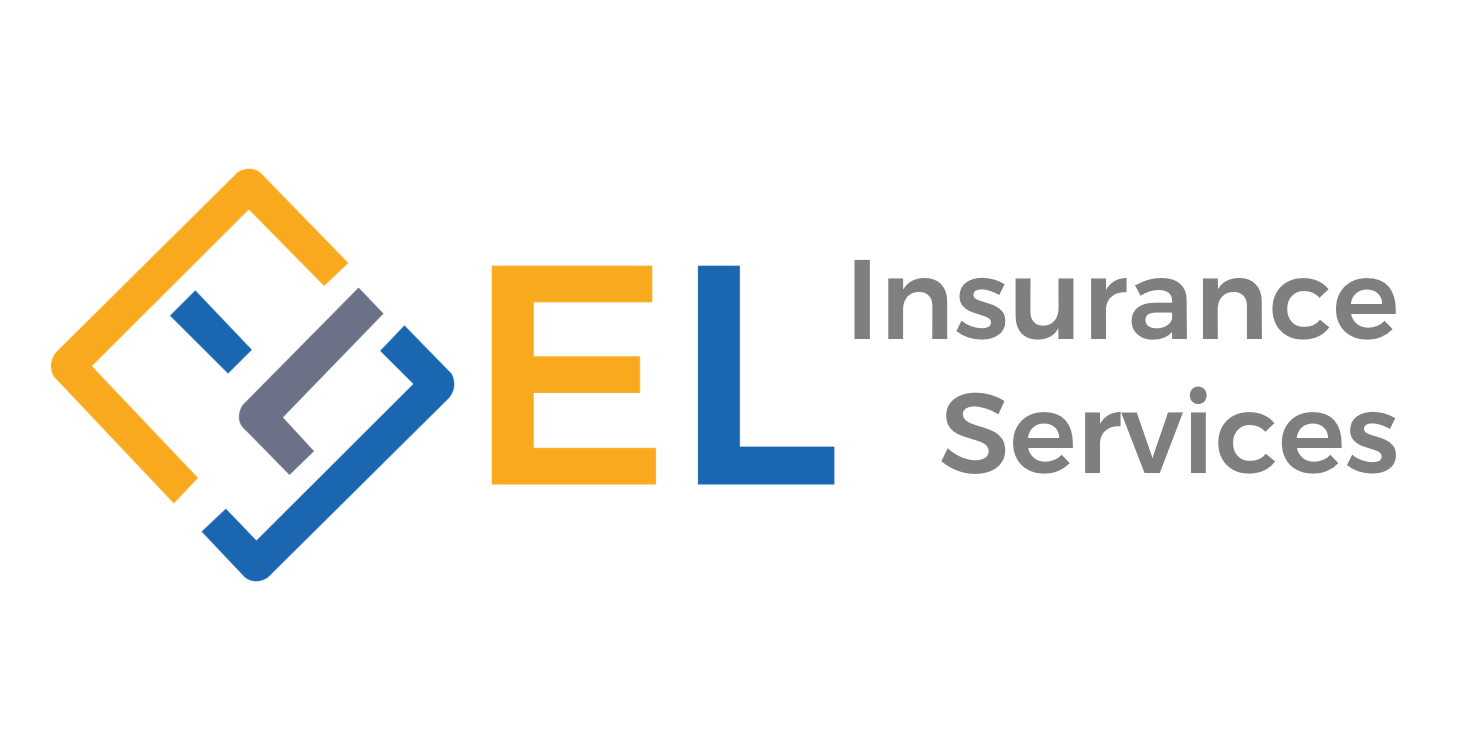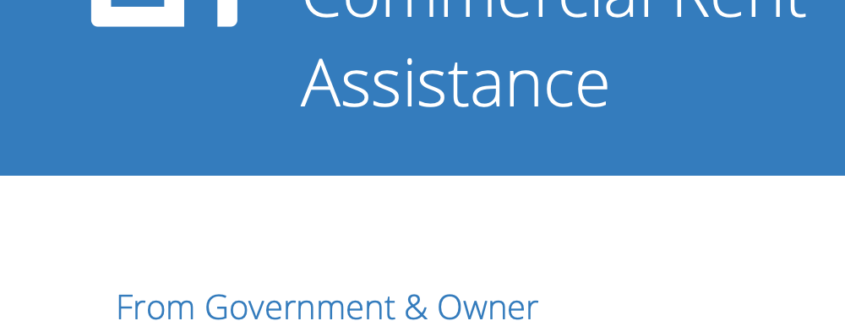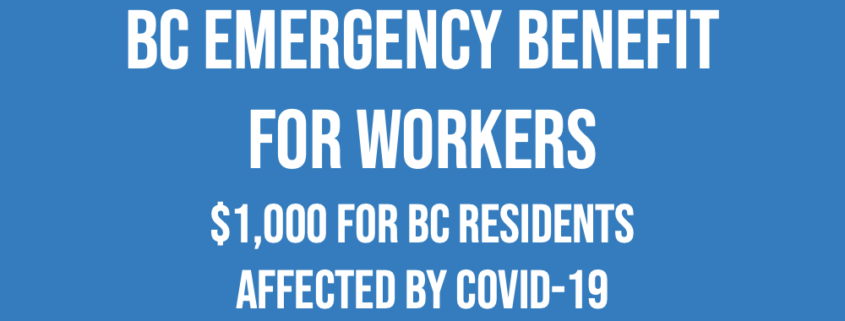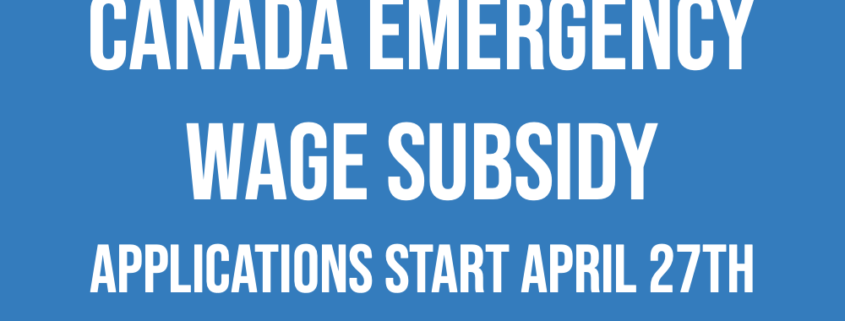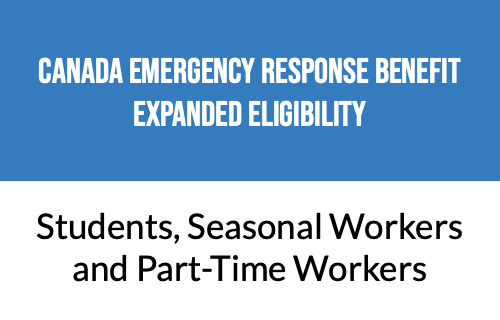75% Commercial Rent Assistance Program
On April 24th, the Federal Government in partnership with the provinces and territories unveiled the Canada Emergency Commercial Rent Assistance which provides rent relief to businesses.
“I can announce that we’ve reached agreements with all provinces and territories to lower rent by 75% for small businesses that have been strongly affected by COVID-19 for April, May and June” – PM Justin Trudeau
From Prime Minister Justin Trudeau’s website:
“The government is also providing further details on the program:
The program will provide forgivable loans to qualifying commercial property owners to cover 50 per cent of three monthly rent payments that are payable by eligible small business tenants who are experiencing financial hardship during April, May, and June.
The loans will be forgiven if the mortgaged property owner agrees to reduce the eligible small business tenants’ rent by at least 75 per cent for the three corresponding months under a rent forgiveness agreement, which will include a term not to evict the tenant while the agreement is in place. The small business tenant would cover the remainder, up to 25 per cent of the rent.
Impacted small business tenants are businesses paying less than $50,000 per month in rent and who have temporarily ceased operations or have experienced at least a 70 per cent drop in pre-COVID-19 revenues. This support will also be available to non-profit and charitable organizations.”
What if I have no revenue and can’t pay the remaining 25%?
For businesses who are unable to pay the remaining 25%, they should apply for the Canada Emergency Business Account (CEBA) through their bank which provides a $40,000 interest-free loan until Dec 31, 2022. $10,000 (25%) of the $40,000 loan is eligible for complete forgiveness if $30,000 is repaid on or before December 31, 2022.
